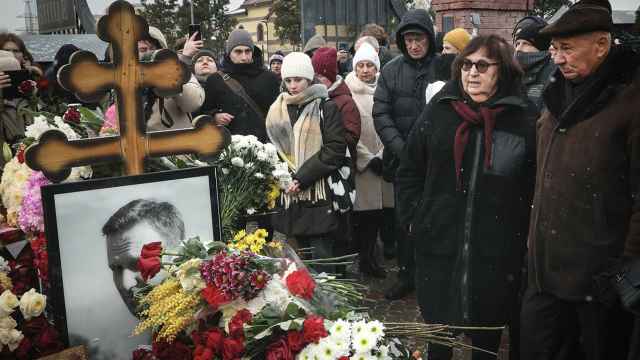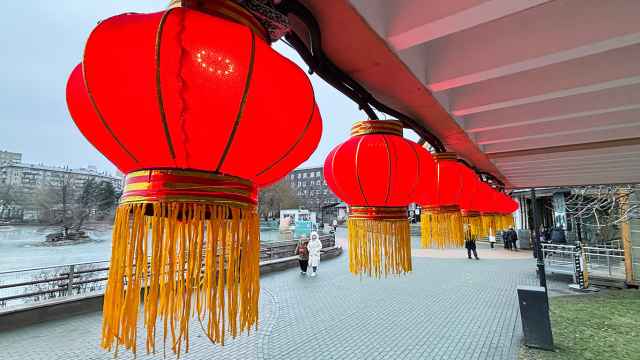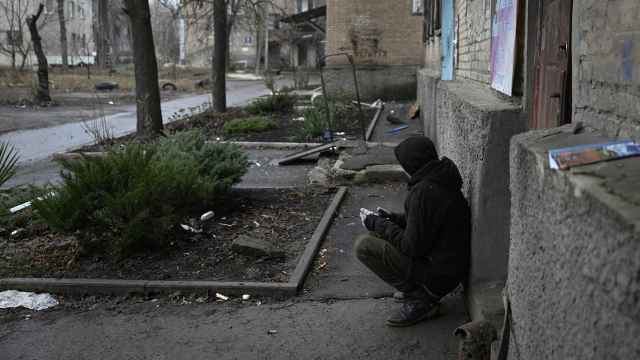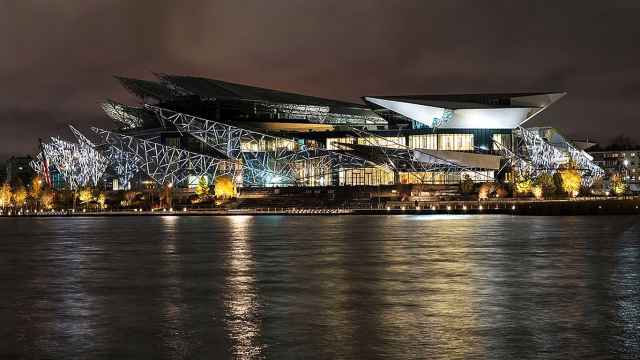10 Years Since Bolotnaya, the Biggest Protests of the Putin Era
Ten years ago, tens of thousands Russians took to the streets in what became some of the largest political protests in modern Russian history.
The Bolotnaya protests, which rallied against what protesters called a flawed electoral process, marked a pivotal moment for both Russia’s opposition movement and the government’s attitude toward street protests. In many ways, the protests would define the next 10 years of Russian politics.
Here is a look back:
The Bolotnaya protests, which rallied against what protesters called a flawed electoral process, marked a pivotal moment for both Russia’s opposition movement and the government’s attitude toward street protests. In many ways, the protests would define the next 10 years of Russian politics.
Here is a look back:
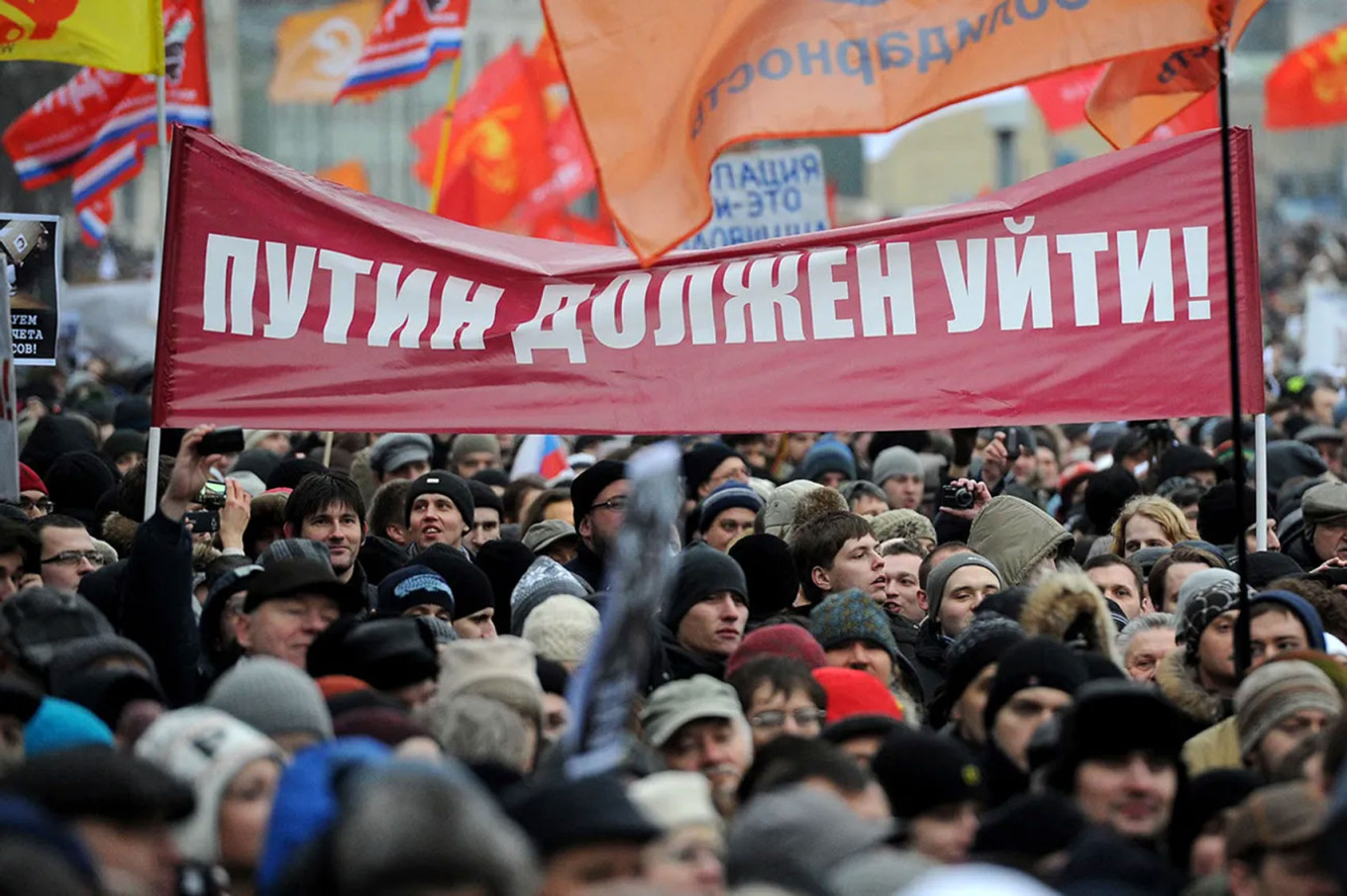
Protesters hold up a banner that reads “Putin must resign!” during the “For Honest Elections” rally on Moscow’s Bolotnaya Square.
Valery Sharifulin / TASS
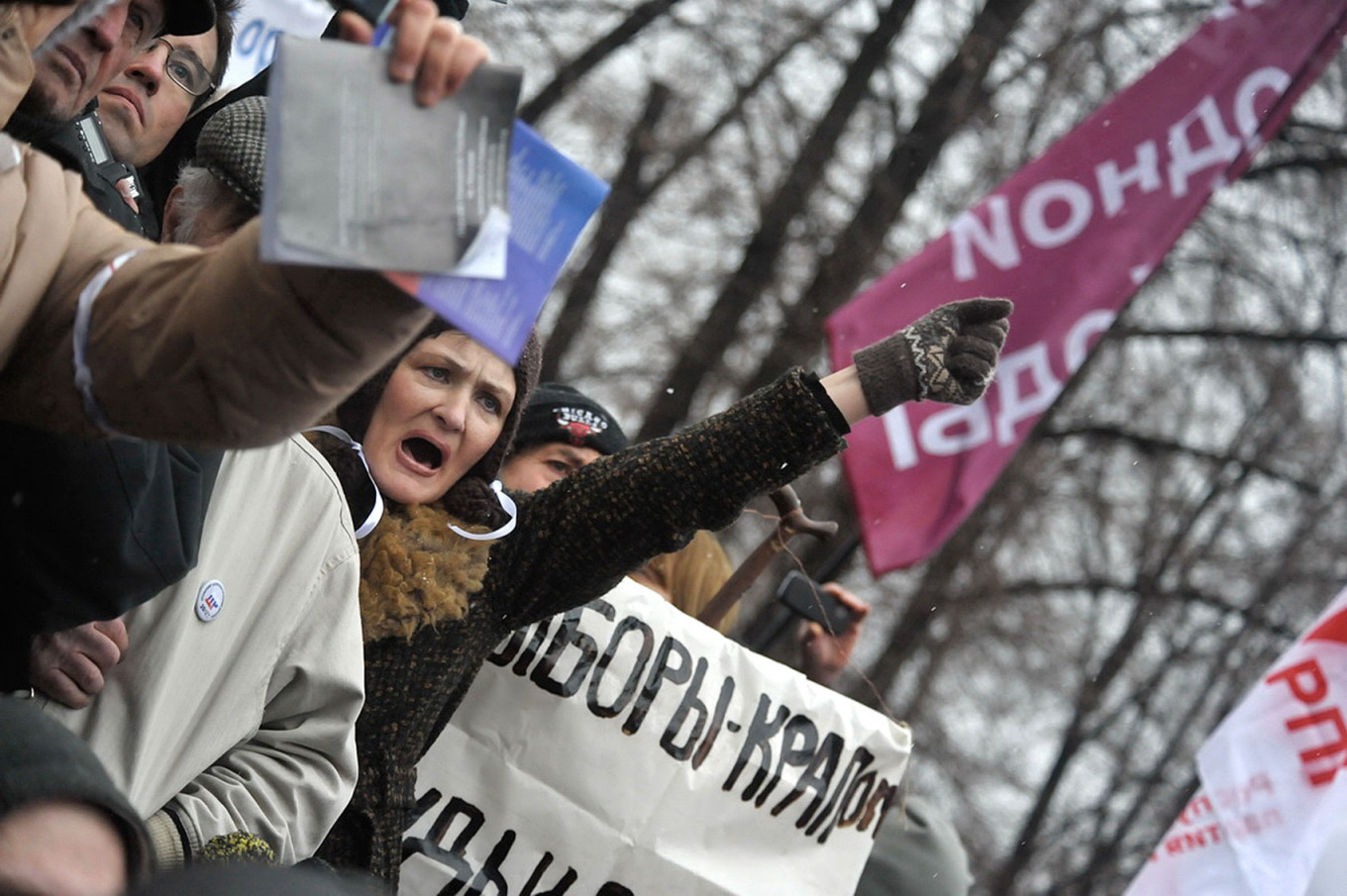
The protests were concentrated around Bolotnaya Square, barely a kilometer from the Kremlin walls. People took to the streets in 99 Russian towns and cities as well as 42 locations outside Russia. But unlike the protests of January-February 2021, most of the 2011 marches were concentrated in Moscow.
Zurab Zavakhadze / Official website of the Voice of America
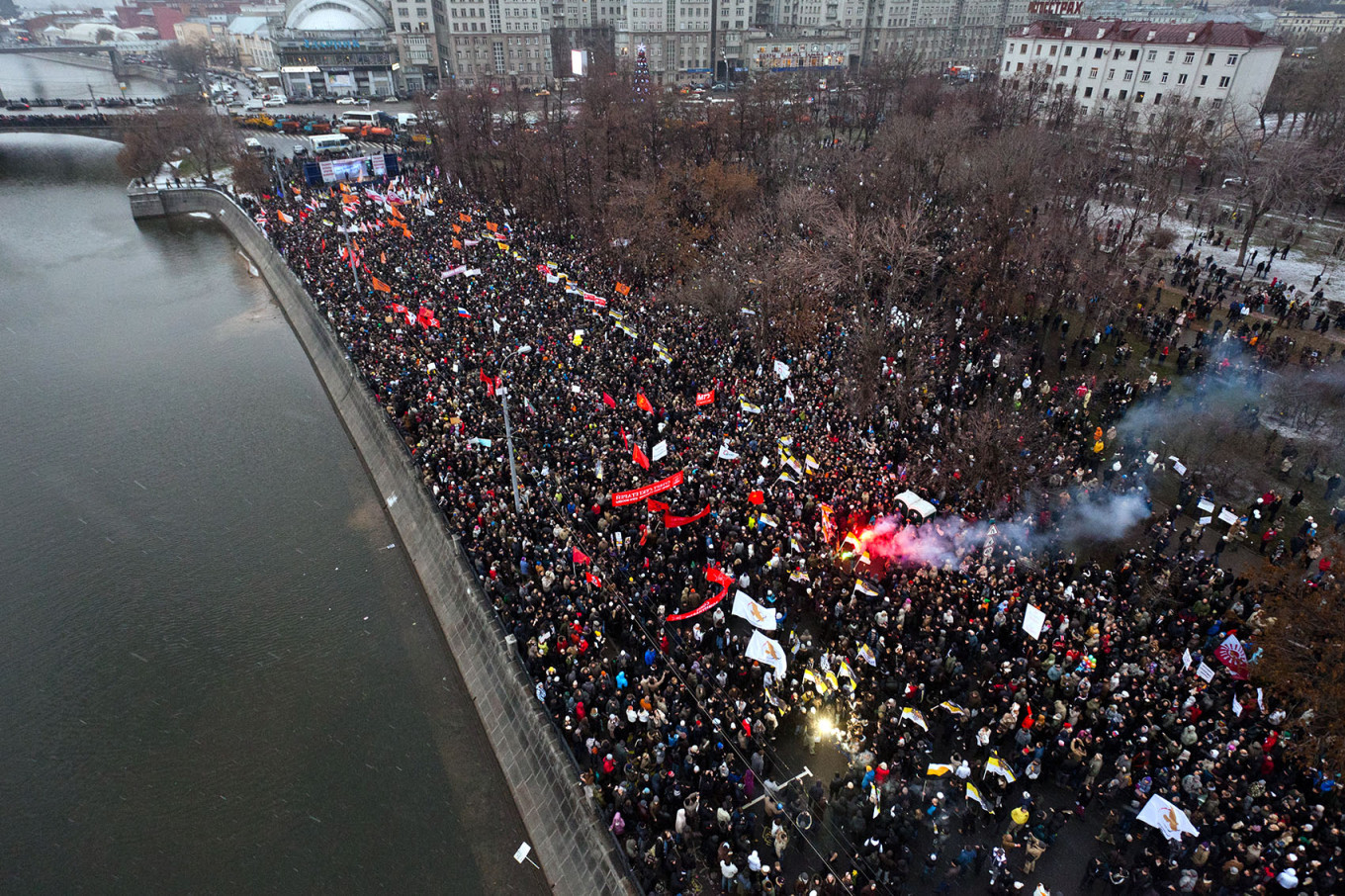
A view from a helicopter over an authorized rally "For Honest Elections" against electoral fraud at recent parliamentary elections, in Moscow's Bolotnaya Square.
TASS
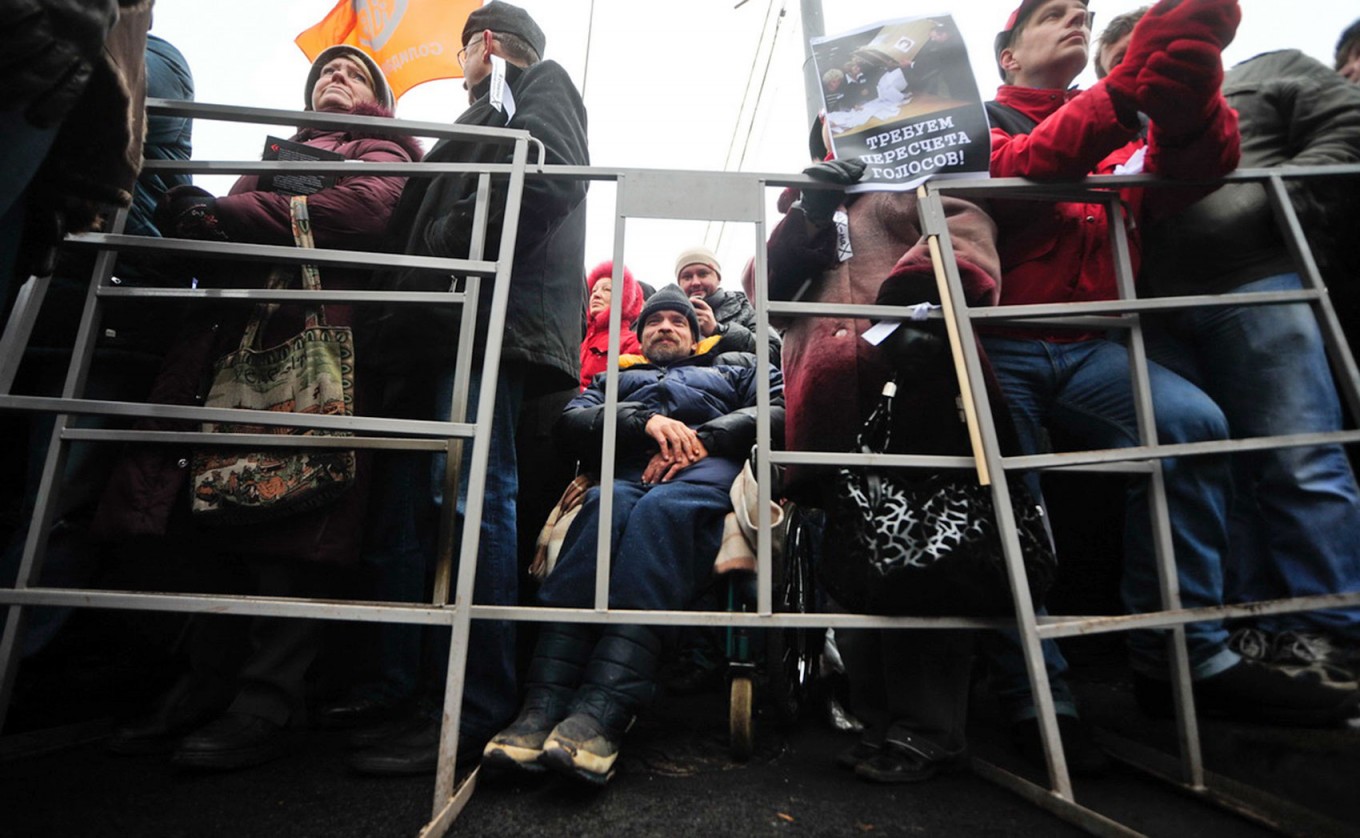
The demonstrations "For Fair Elections" began on Dec. 4, 2011. Bolotnaya became the center of the protest when, on Dec. 10, some 25,000-60,000 people assembled there.
Zurab Zavakhadze / Voice of America official website
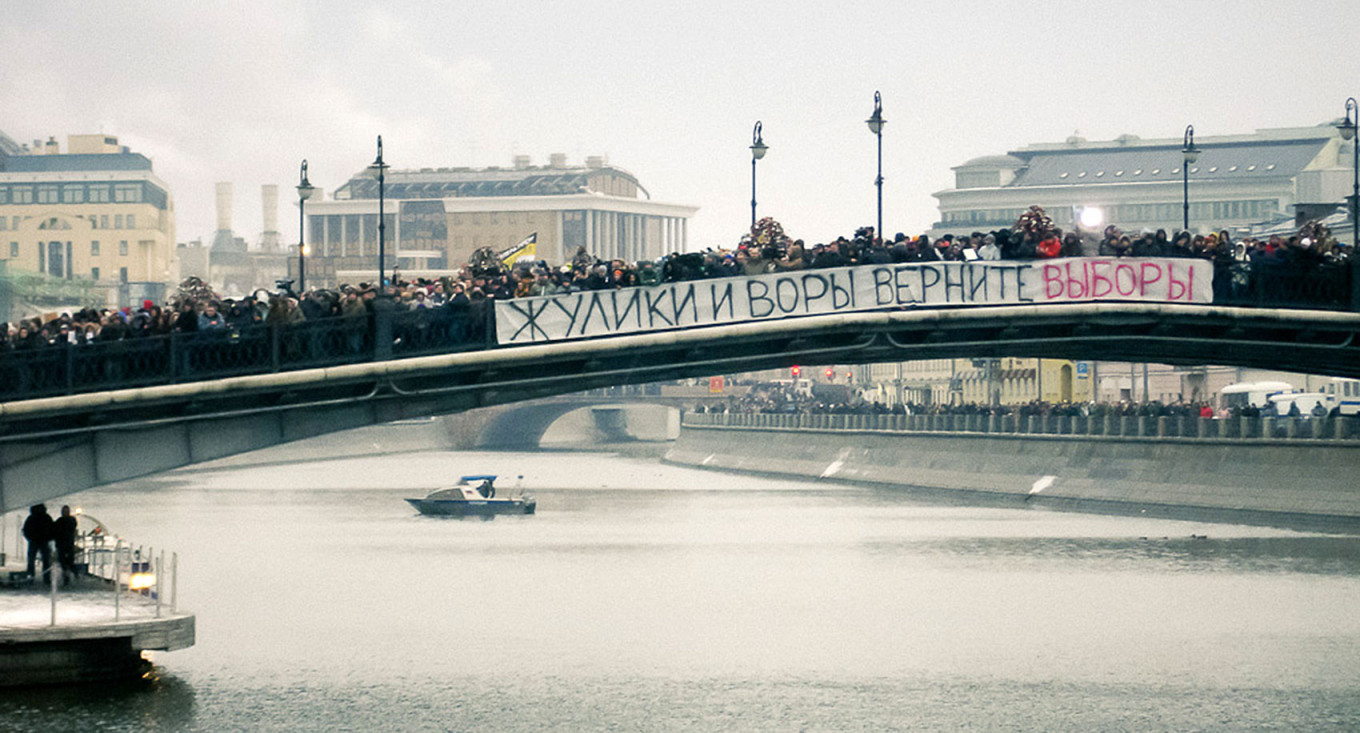
The protesters cited massive fraud at the December 2011 State Duma elections as their main reason for the protest. Some were also outraged by how then-President Dmitry Medvedev announced he would not run for reelection and supported the candidacy of Vladimir Putin, who had already been president for two terms before Medvedev.
Dmitry A. Mottl (CC BY-SA 3.0)
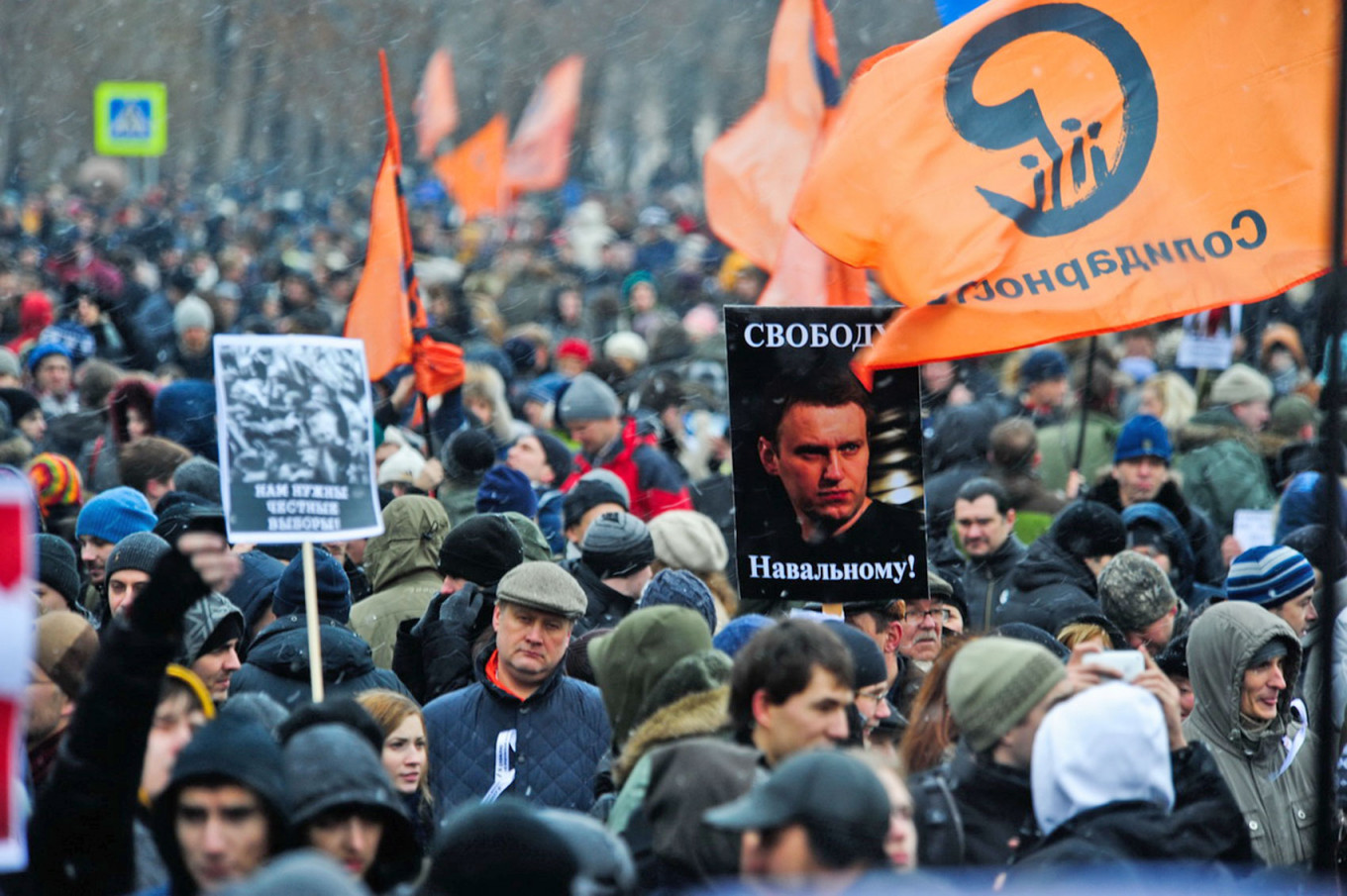
The Bolotnaya protests transformed Russia's opposition. Before, it had been focused around the “systemic opposition,” or parties and politicians within parliament. After Bolotnaya the center moved to the “non-systemic opposition” — bloggers like Alexei Navalny, fringe political activists like Sergei Udaltsov and celebrities like Ksenia Sobchak.
Zurab Zavakhadze / Voice of America official website
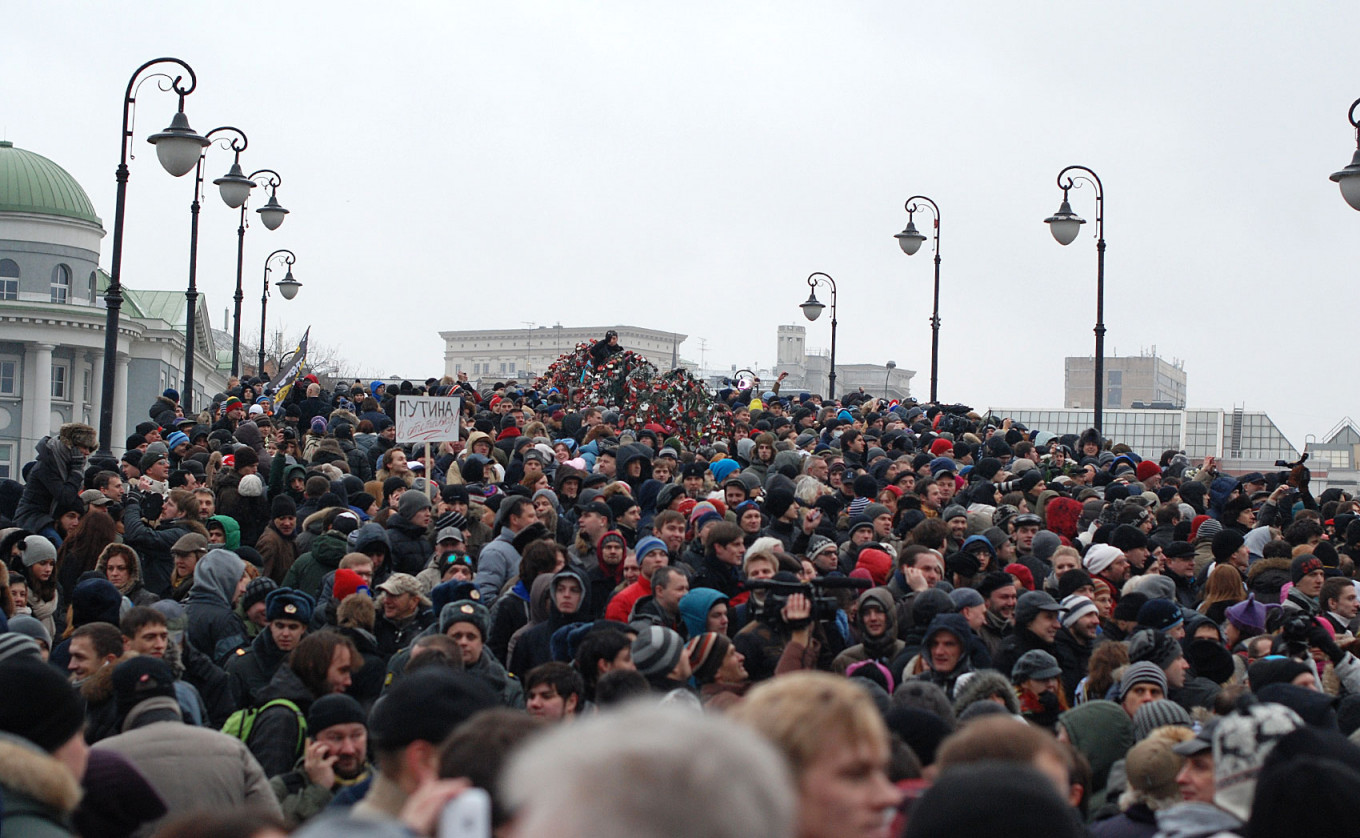
Some political scientists compared Bolotnaya Square with the Arab Spring protests in the Middle East. In both cases, the rapid spread of social media made it possible for ordinary citizens to document abuses and later organize complex street protests online.
Andrey / flickr (CC BY 2.0)
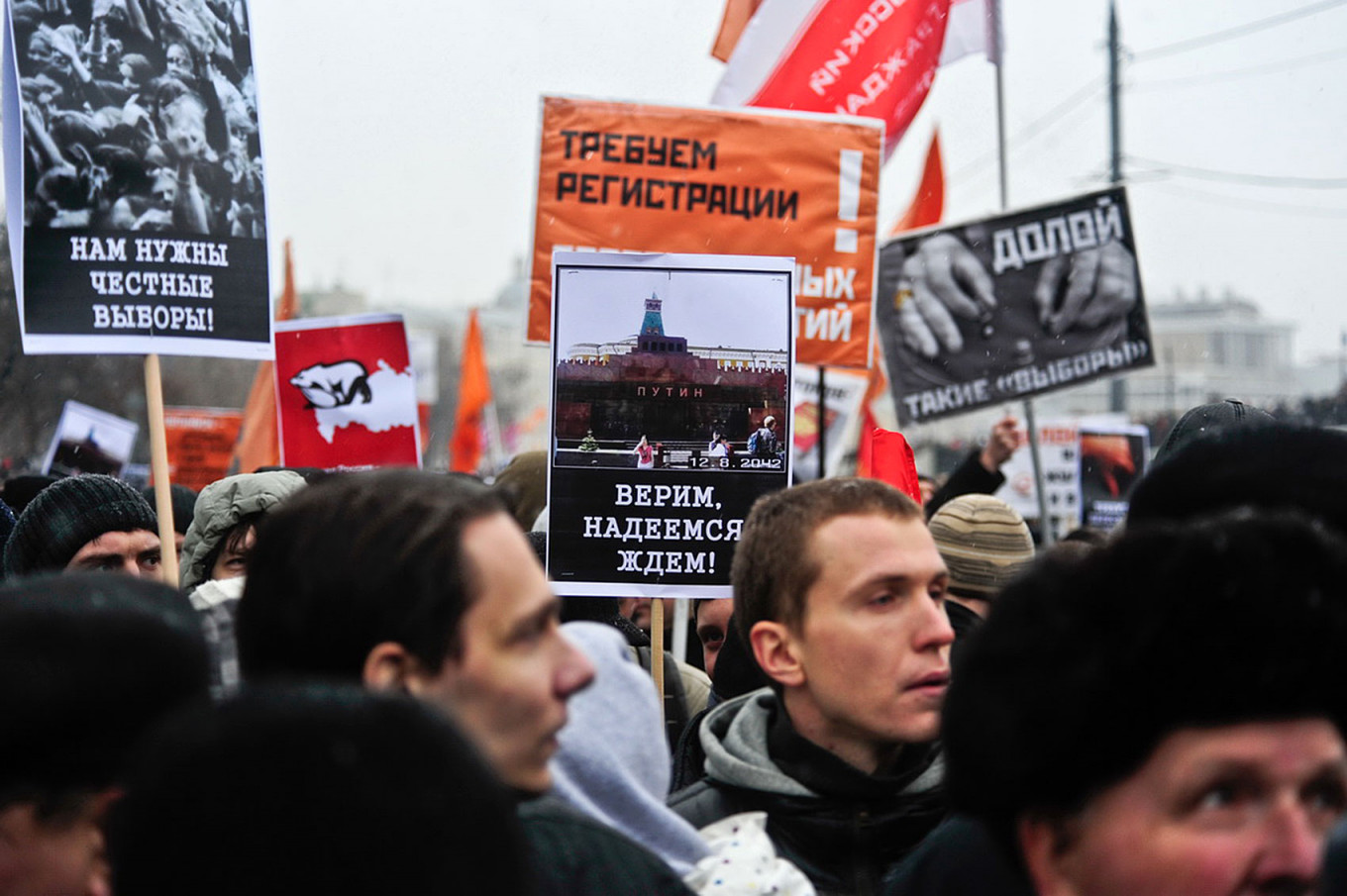
The protesters called for Prime Minister Putin to resign and for the election results to be annulled. None of those demands were satisfied.
The government agreed to some reforms, however, such as election sites being equipped with cameras that live-stream footage online.
The government agreed to some reforms, however, such as election sites being equipped with cameras that live-stream footage online.
Zurab Zavakhadze / Voice of America official website
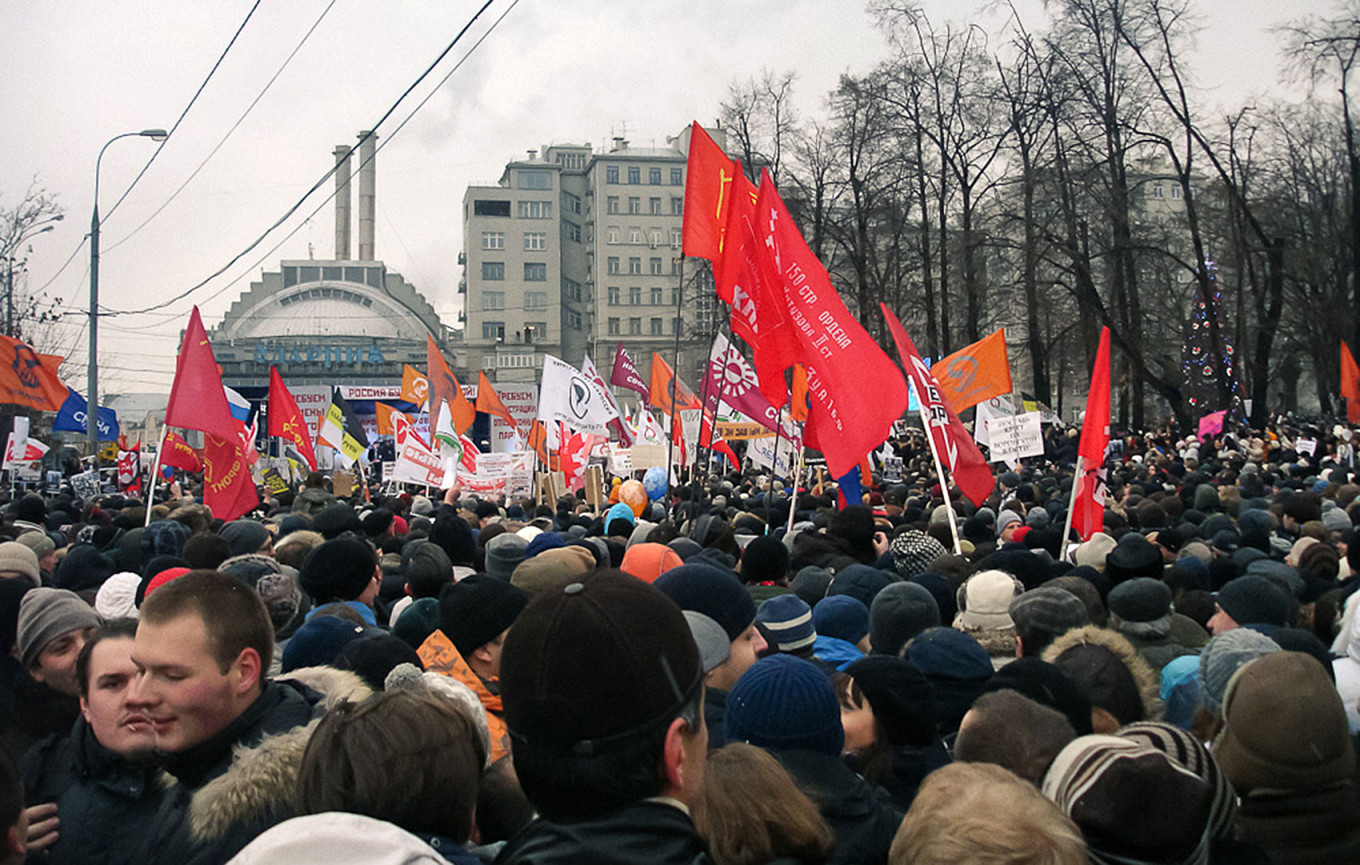
The demonstrations went on for several months and ended in the so-called “March of Millions” on May 6, 2012, just as Putin was being inaugurated as president. Unlike during previous protests, Russian police used extensive force during the “March of Millions.” Dozens of people were injured and 400 demonstrators were detained.
Dmitry A. Mottl (CC BY-SA 3.0)
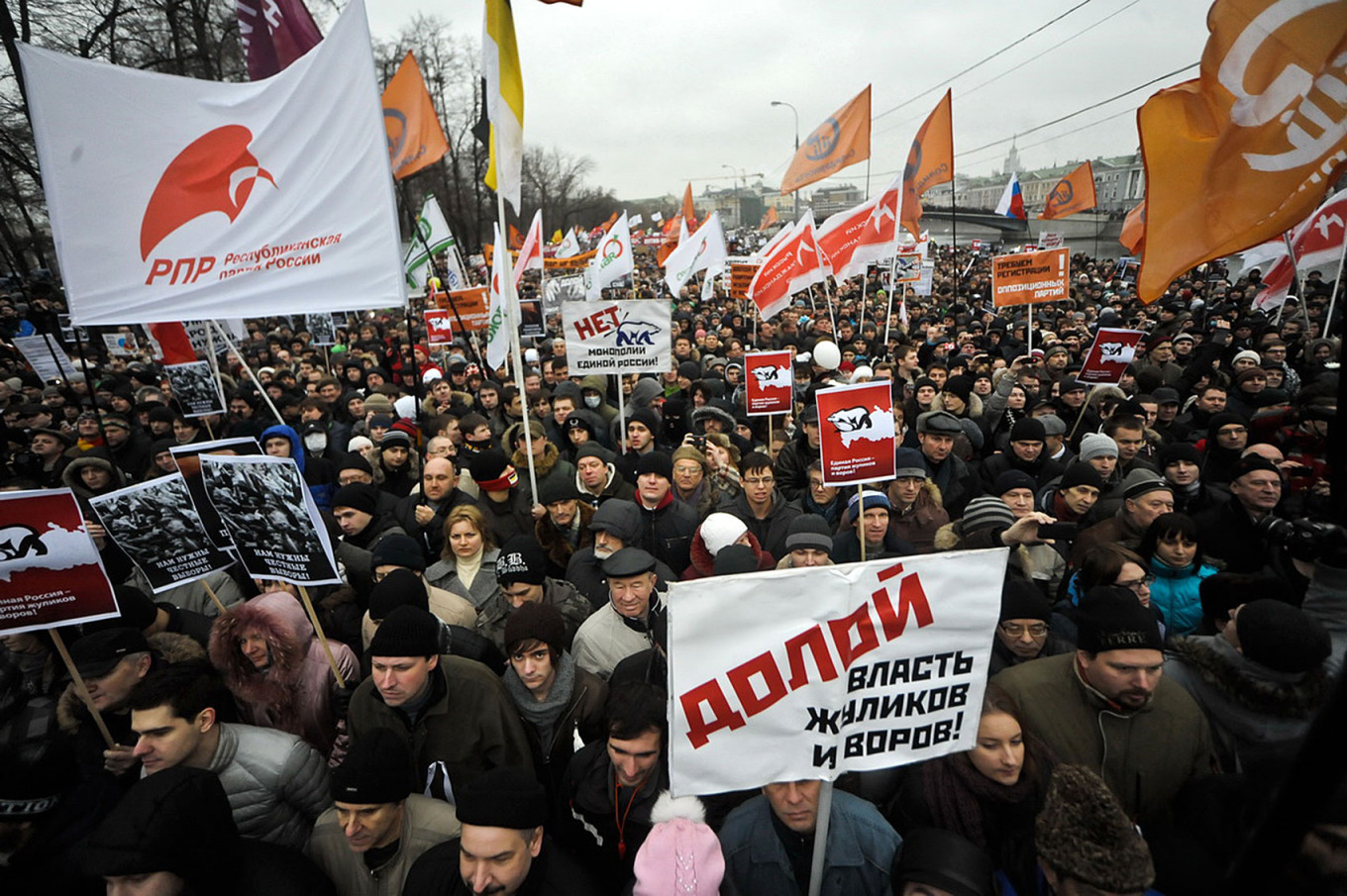
The government charged 31 of those detained on May 6 with various crimes. Some of these people were later released, while some died in prison. Russian media and activists called these hearings the “Bolotnoya case,” linking the cases to the winter-spring protest movement.
Zurab Zavakhadze / Voice of America official website
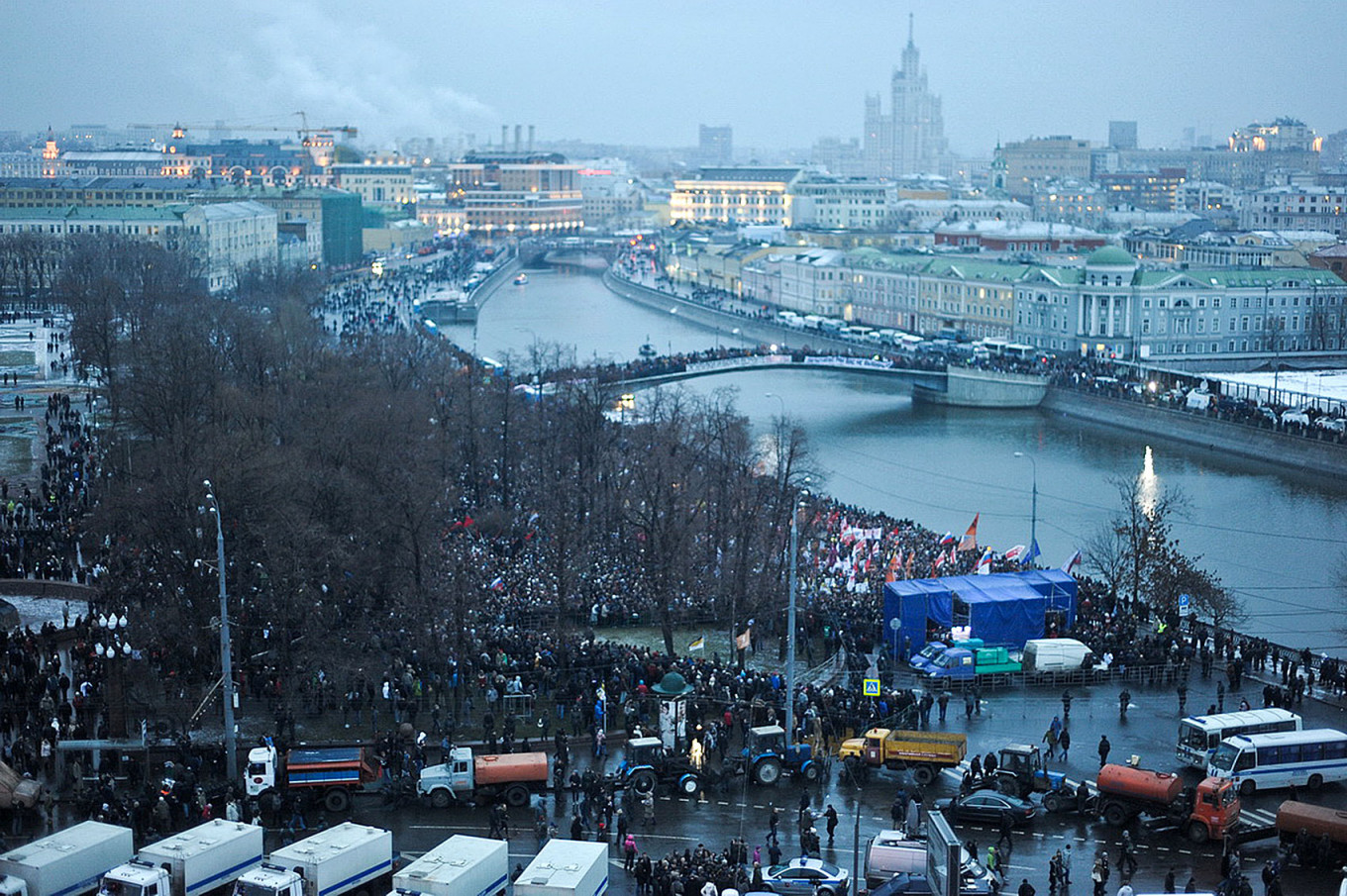
In the following months, the opposition decided to create a 45-member Opposition Coordination Council to cement the Bolotnaya experience and coordinate dissent, which nonetheless failed to produce any successful electoral campaigns or new political movements.
Zurab Zavakhadze / Voice of America official website
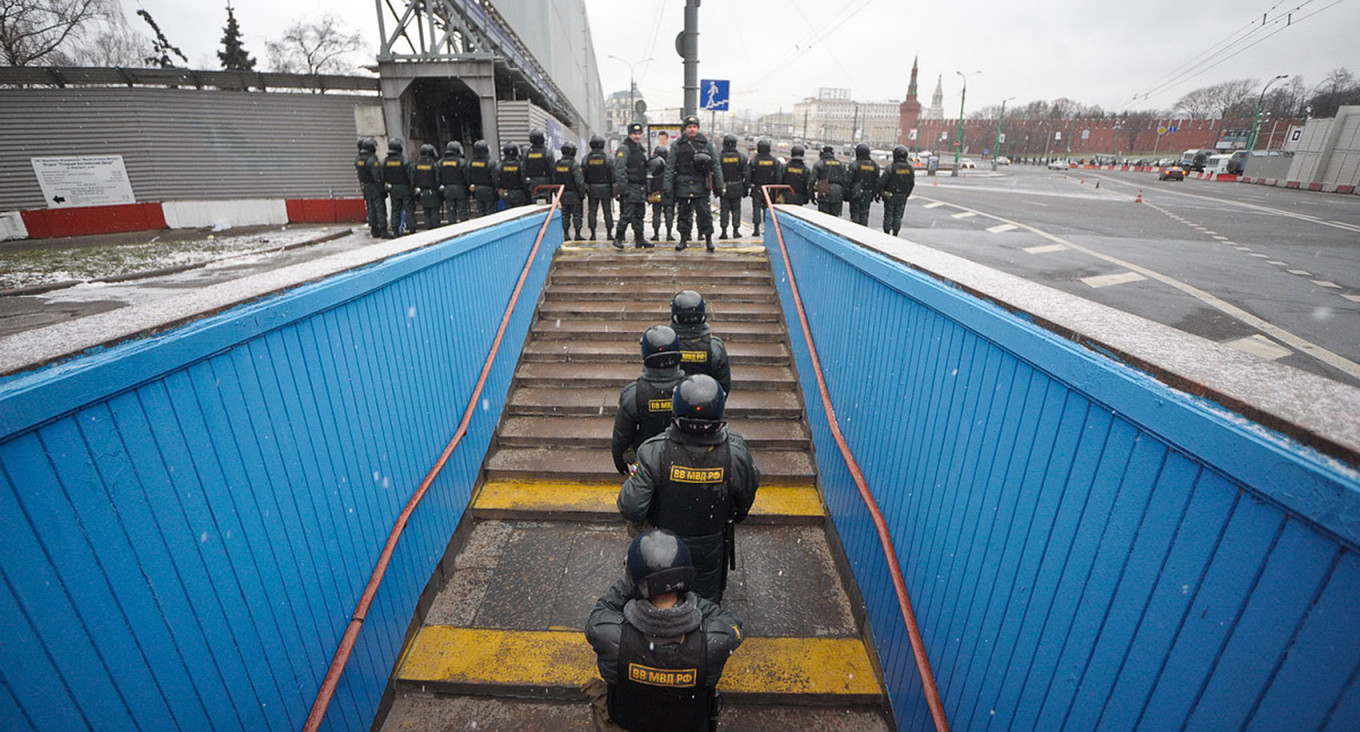
Following the protests, the government passed tougher regulations that made it harder for protesters to escape large fines or imprisonment. Putin suspected the U.S. State Department of organizing the Bolotnaya protests. Some have claimed that this played a big part in Russia’s efforts to influence the 2016 U.S. Presidential election.
Zurab Zavakhadze / Voice of America official website
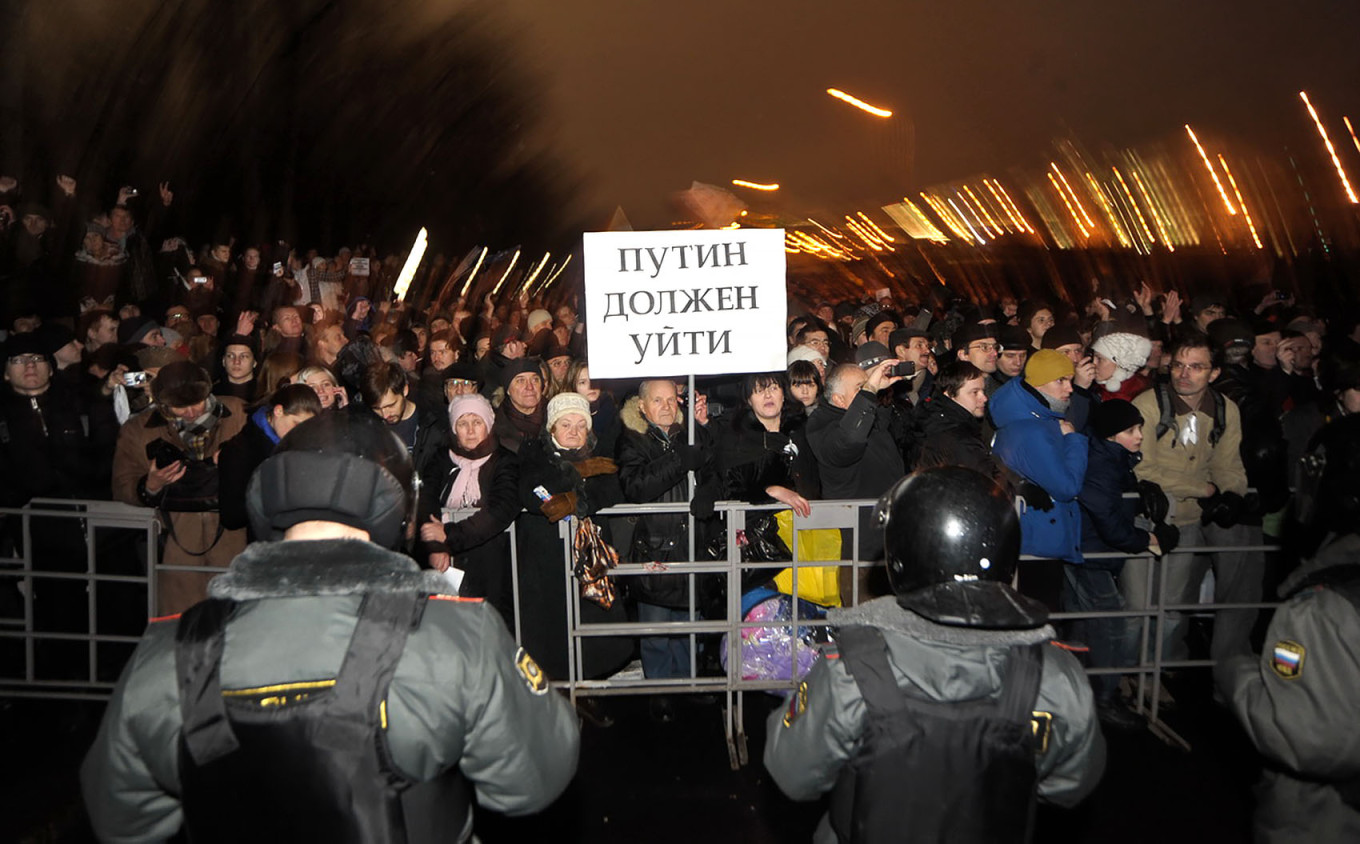
Protesters hold up a banner that reads “Putin must resign!” during the “For Honest Elections” rally on Moscow’s Bolotnaya Square.
Zurab Zavakhadze / Voice of America official website


